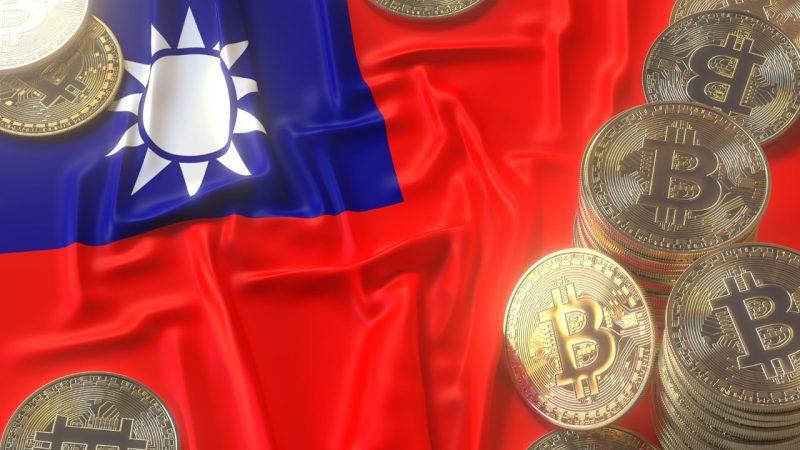Taiwan’s FSC issues new Anti-Money Laundering rules, replacing previous regulations and requiring full compliance from Virtual Asset Service Providers (VASPs).
By 2025, all local virtual asset service providers (VASPs) will need to abide by new Anti-Money Laundering (AML) legislation that was adopted by the Financial Supervisory Commission (FSC) of Taiwan.
October 2 saw the FSC issue revised AML measures in response to prior changes suggested by the banking watchdog. Since March, Taiwan has anticipated the introduction of new rules about cryptocurrency.
Suppressing cryptocurrency
According to the new rules, cryptocurrency companies must register with the government by September 2025 to avoid penalties that could include up to a $55,900 fine or a two-year prison sentence.
The laws will replace the current Taiwanese VASP system on January 1 January 1, 2025. Companies must adhere to the new guidelines and register under the new process, even if they have already finished the previous AML compliance steps.
To prevent reapplying under different standards, the FSC encouraged VASPs to wait until the new registration system is deployed before submitting their paperwork.
As part of the new compliance requirements, VASPs must also create a risk assessment report and submit it annually to the appropriate government agency.
A draft of the proposed regulations about cryptocurrency is expected by the end of 2024, and the FSC is expected to submit a fresh proposal by June 2025.
Taiwanese cryptocurrency transactions
Apart from the recently implemented AML legislation, the Taiwanese government has increased its engagement in the cryptocurrency industry.
The FSC allowed qualified local investors to access the digital asset ETF market on September 30 and September 30.
This action aligns with such initiatives in Singapore and Hong Kong and attempts to increase Taiwan’s competitiveness in the financial market.
